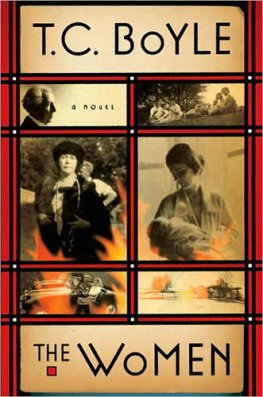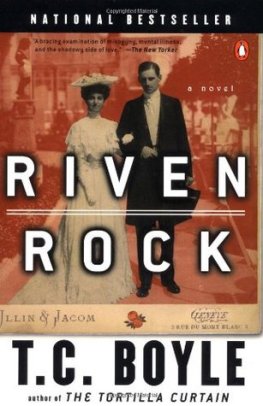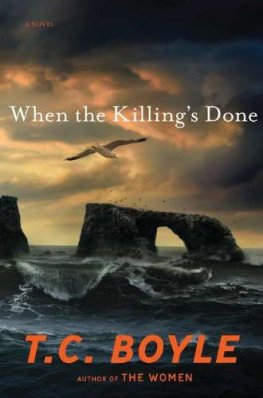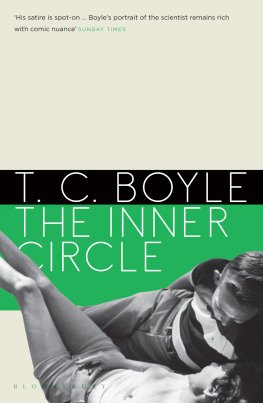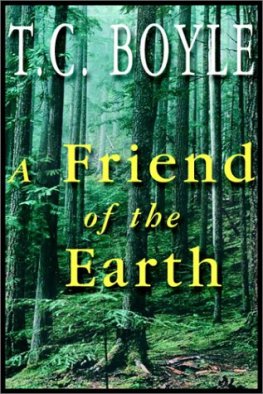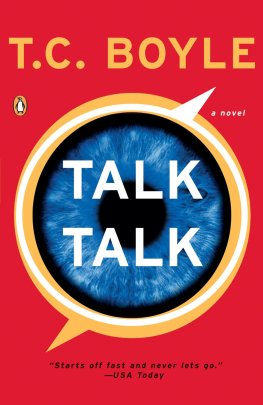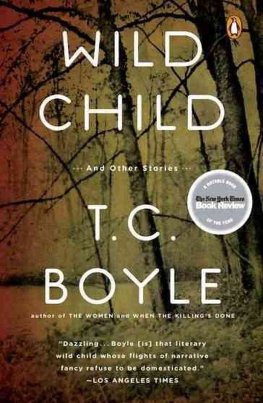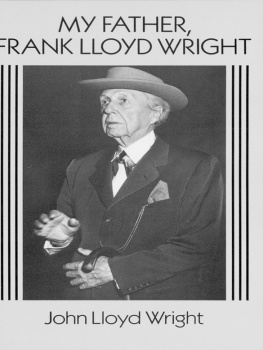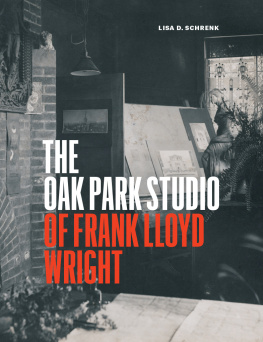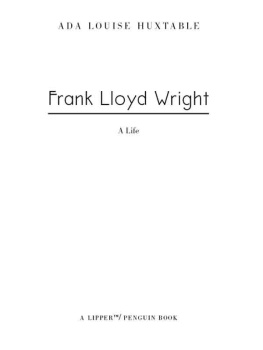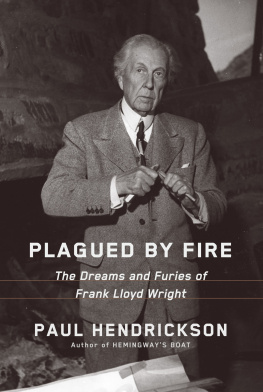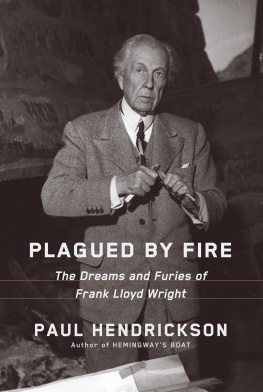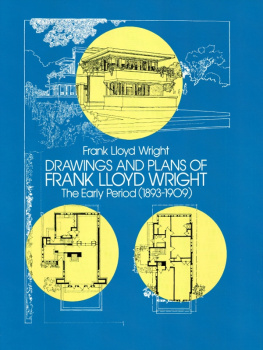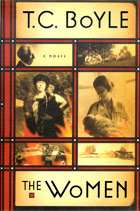The following is a fictional re-creation of certain events in the lives of Frank Lloyd Wright, his three wives Catherine Tobin, Maude Miriam Noel and Olgivanna Lazovich Milanoff and his mistress, Mamah Borthwick Cheney. While actual events and historical personages are depicted here, all situations and dialogue are invented, except where direct quotes have been extracted from newspaper accounts of the period. I am deeply indebted to Frank Lloyd Wrights many biographers and memoirists, especially Meryle Secrest, Bren-dan Gill, Robert C. Twombly, Finis Farr, Edgar Tafel, Julia Meech, Anthony Alofsin, John Lloyd Wright and Ada Louise Huxtable, and I would like to thank Keiran Murphy and Craig Jacobsen, of Taliesin Preservation, Inc., for their assistance, and Charles and Minerva Montooth and Sarah Logue for their kindness and hospitality.
Early in life I had to choose between honest arrogance and hypocritical humility; I chose arrogance.
FRANK LLOYD WRIGHT
Ididnt know much about automobiles at the time still dont, for that matter but it was an automobile that took me to Taliesin in the fall of 1932, through a country alternately fortified with trees and rolled out like a carpet to the back wall of its barns, hayricks and farmhouses, through towns with names like Black Earth, Mazomanie and Coon Rock, where no one in living memory had ever seen a Japanese face. Or a Chinese either. Stop for fuel, a sandwich, a chance to use the washroom, and youd think a man had come down from Mars and propped himself up on the seat of a perfectly ordinary canary-yellow and pit-of-hell-black Stutz Bearcat roadster. (And what is a bearcat, anyway? Some hybrid monster out of an admans inventory, I suppose, a thing to roar and paw and dig at the roadway, and so this one did, as advertised.) Mostly, along that route on a day too hot for October, and too still, too clear, as if the season would never change, people just stared till they caught themselves and looked away as if what theyd seen hadnt registered, not even as a fleeting image on the retina, but one man and I wont take him to task here because he didnt know any better and I was used to it by then responded to my request for a hamburger sandwich by dropping his jaw a foot and a half and exclaiming, Well, Jesus H. Christ, youre a Chinaman, aint ya?
The whole business was complicated by the fact that the ragtop didnt seem to want to go up, so that my face was exposed not only to the glare of the sun and a withering cannonade of dust, chicken feathers and pulverized dung, but to the stares of every stolid Wisconsinite I passed along the way. The ruts were maddening, the potholes sinks of discolored water that seemed to shoot up like geysers every fifty feet. And the insects: Id never in my life seen so many insects, as if spontaneous generation were a fact and the earth gave them up like grains of pollen, infinite as sand, as dust. They exploded across the windscreen in bright gouts of filament and fluid till I could barely make out the road through the wreckage. And everywhere the lurching farm dogs, errant geese, disoriented hogs and suicidal cows, one obstacle after another looming up in my field of vision till I began to freeze at every curve and junction. I must have passed a hundred farm wagons. A thousand fields. Trees beyond counting. I clung to the wheel and gritted my teeth.
Three days earlier Id celebrated my twenty-fifth birthday alone, on the overnight train from Grand Central to Chicagos Union Station, a commemorative telegram from my father in my suitcase alongside my finger-worn copies of the Wendingen edition and the Wasmuth portfolio and several new articles of clothing I felt I might find useful in the hinterlands, denim trousers and casual shirts and the like. I never did bother to unpack them. To my mind, this expedition was a ritual undertaking, calling for formal dress and conventional behavior, despite the rigors of the road and what I can only call the derangement of the countryside. My hair, combed and re-combed repeatedly against the buffeting of the wind, was a slick brilliantined marvel of study and composition, and I was dressed in my best suit, a new collar and a tie Id selected especially for the occasion. And while I hadnt opted for the goggles or cap, I did stop in at Marshall Fields for a pair of driving gloves (dove-gray, in kid leather) and a white silk scarf I envisioned fluttering jauntily in the wind but which in fact knotted itself in a sweaty chokehold at my throat before Id gone ten miles.
I kept my spine rigid and held to the wheel with one hand and the mysterious gearshift with the other, just as the helpful and courteous man at the automobile agency had demonstrated the previous night in Chicago when Id purchased the car. It was a 1924 model, used but very sporty, as he assured mein terrific condition, first-rate, really first-rateand I paid for it with a check drawn on the account my father had set up for me when Id disembarked at San Francisco four years earlier (and to which, generously and indulgently, he continued to add on the first of each month).
I have to admit I liked the looks of it as it sat there at the curb, motion arrested, power in reserve, all of that, though I wondered what my father would have thought of it. Inevitably it brought to mind loose women and undergraduates in raccoon coats or worse yet, gangsters but the other cars looked ordinary beside it. Funereal, even. There was one black Durant that should have had a mortuary sign in the window, and there must have been a dozen or more Fords sitting there looking as dull as dishwater in the faded paint Henry Ford had dubbed Japan black (and I cant imagine why, unless he was thinking of ink sticks and kanji, but then how would he or any of his designers in the remote xenophobic purlieus of Detroit know anything of kanji?).
There didnt seem to be any bullet holes in the fenders, not as far as I could see, and the engine spat and roared in a gratifying way. I climbed in, took a turn or two around the block, the salesman at my side shouting out directions, admonitions and beginners praise, and then I was on my own, creeping out of town as the ratcheting high-crowned Fords and Chevrolets came roaring at me or shot up to overtake me from behind. I didnt give them a second glance, even when my fellow drivers crowed in derision and made rude gestures out the streaming windows. No, I was too busy, gearshift, clutch, brake and accelerator requiring my full and very close attention. (In theory, piloting a car was nothing at all, a mere reflex anybody could do it, even women but in practice it was like plunging into a superheated public bath over and over again.)
As for the countryside, the closest Id come to a rural setting was at Harvard University, where my dormitory room looked out on well-kept lawns, shrubbery and the deep continents of shade cast by the oaks and elms that had brooded over the heads of generations before me. Id never been to a farm, even to visit, and I found my meat and eggs in the market like anyone else. No, I was a thoroughly urban being, raised in a series of apartments in the Akasaka district of Tokyo and in Washington, D.C., where for six years my father was cultural attach at the Japanese embassy. Sidewalks appealed to me. Paved avenues. Streetlights and shops and restaurants where you could find a French maitre d and perhaps even a chef who was familiar with bchamel and sauce barnaise instead of the ubiquitous brown gravy and mashed potatoes. I traveled by train, streetcar and hackney cab like anyone else and the only animals I saw with any frequency were pigeons. And dogs. On the leash.

